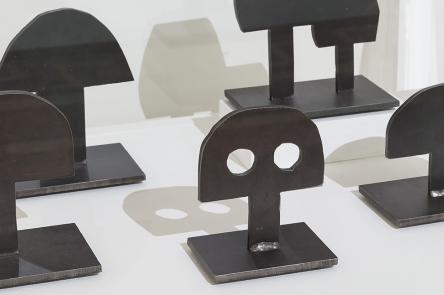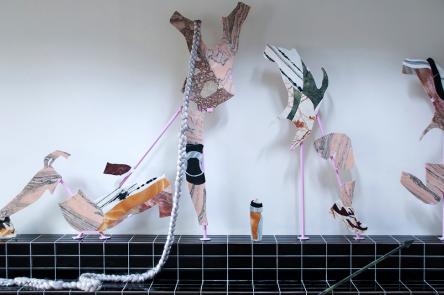
Ahead of Transmissions Episode 5, guest curated by Mykki Blanco this week, co-founder Hana Noorali reflects on the genesis of the series and tangible comradeship in a time of distance. Established by Anne Duffau, Hana Noorali and Tai Shani, Transmissions is a new online platform commissioning artists to share their work online.
On 11 March 2020 I attended what was to be my last event at a public institution in London. It was organised by my partner who was launching a book that for them signified the end of a yearlong project and a lot of hard work. As part of the evening's programme, there was a live performance and my partner was excited as all the 100 free bookable spaces had been reserved. We had been texting frequently throughout the day about how the rehearsals were going and I remember that we mentioned COVID 19 only once or twice in the form of "do you have hand sanitizer? Don't touch anything, don't touch your face and wash your hands!!! I love you." I arrived at the museum at 6 pm promptly keen to find a good spot to sit in but it quickly became clear that there were only 30 or so people present. I looked at my phone and saw a mass of text messages "I'm sorry but…" "Wanted to be there tonight but…" "Was hoping…" "Please send my love and well wishes but…"
At the drinks, after the performance, no one shook hands or hugged each other, awkward jokes were made about not embracing and prophecies about how we were going to exist over the next few days, months, even years were shared. A dear friend told me in a whisper that one of her co-workers had tested positive for COVID 19. She was deeply worried as the institution she worked at had decided to remain open for the time being. She also told me that her elderly parents and grandparents live in Italy very close to the epicentre of the outbreak in Lombardy. Two days prior the Italian government had imposed a national quarantine restricting the movement of the population except for essential workers and emergency health circumstances. I couldn't find the language to reassure her and I wasn't able to use my body to comfort her.
Another friend said that they were anxious that the virus allowed racism to embed further within society and she showed me this video. The video depicts ‘dozens of protestors clashing with the police and hurling stones at a bus in the Ukraine that was carrying 70 people who had recently been evacuated from China over fears about the COVID 19 outbreak.’ My experience of watching that video was intensified given the music The Independent chose to layer over it and the flickering highlighter hues of purple, orange and blue that permeate the footage bewildered my emotions. The hysteria and anger in the video are palpable and while I am aware this is a cliché; I genuinely couldn't believe what I was watching. It seemed like a scene out of the 2011 film 'Contagion'.
On the way home my partner and I began to analyse what had happened that evening and what we perceived the coming days to be like. It was as if a lightbulb had been smashed over our heads. Something that has been distantly rumbling in the background had suddenly and forcibly caught up with us. The next day I awoke to many people sharing this brilliant short text by Anne Boyer titled 'this virus'. Through reading Anne Boyer's vociferation for community, care and action the feelings of trepidation I held subsided because I found solace in the words I was reading. I realised that 'stopping' and exercising care in every forthcoming action I would take was the only way I as an individual could assist in slowing down of the virus.
My partner and I immediately opted out of going to work, we called all our friends and family to ensure they had anything and everything they might need, we shared mutual aid network information, we donated what money we could (and continue to do so) to various emergency relief and hardship funds and we simply stopped leaving our flat. At that time, we had friends who trashed what we were doing as reactionary. Their stance was "I am not going to stop going out and living my life, it's like the flu, it will pass." In the chaos of those days, I found this point hardest to contend with. Partly as the conservative UK politicians were saying the same thing. Rifts have formed in my friendship groups that through my stubbornness I have a difficult time reconciling. This is despite their attitudes quickly changing once lockdown was announced on the 23rd March and the numbers of those that had died began to be recounted daily. Instantaneously we saw the UK's Conservative government rolling out left-wing policies. While nowhere near enough provision has been provided, we have caught a momentary glimmer of what life might be like under a more socialist regime. During the early stages of lockdown, we could hear Jeremy Corbyn's voice which was ever-present pushing for more provision like an attentive beacon blinking on the horizon.
My infrequent trips to the supermarket where initially I had imagined I would be walking into a scene from The Quiet Earth, 1985 (which tells the narrative of a man who has woken up after a failed suicide attempt to find himself alone on earth), have become treacherous obstacle courses where I try to maintain social distancing with the many people on the streets. From time to time during these early trips, I found myself crying for no particular reason other than to give in to my innate mercurial feelings of sadness, frustration, confusion, fear, guilt, anxiety and just being overwhelmed by it all.
For me, the genesis of what has become TRANSMISSIONS began on these supermarket trip walks. It was clear that many of my friends, colleagues and acquaintances were having exhibitions, opportunities and subsequent fees cancelled for the foreseeable future. I wanted to find a vehicle through which I could provide support and care for my community but alone I felt unable to muster the thinking of how that could manifest. When Tai called me to say she had an idea to start an online DIY TV show during the lockdown and would I be interested in being involved I didn't hesitate for a second. I remember saying that yes, I wanted to help funnel money from institutions to artists, writers and thinkers. Yes, I wanted to support and show care for my community in whichever way I could. Yes, I wanted to be helpful. I'm here, I've had all my work cancelled, I'm free. Yes.
It's strange to co-habit with a virus; an intangible threat we now share space with. It's something you can't see or touch, but it intrudes every facet of your daily experience. Every decision taken is monitored against personal safety and the safety of those around you. In public space, our bodies visibly jerk in reaction to each other to stay as far apart as possible. In a curious reversal, this distancing, not a gesture away from one another but a gesture of solidarity, care and closeness to strangers. We gather our supplies at double speed, and we feel guilty stopping to pause even for a moment on our walks. Time concertinas in and out of focus. No longer fixated on long term personal goals, we scrutinise the immediate and what it offers to help the cause of those around us.
As a result, I questioned whether I was contributing enough to the COVID crisis causes and helping my fellow citizens in the right way and because of this, I had an initial wobbles with TRANSMISSIONS. I asked myself if it was a frivolous endeavour to start at a time when the world is on fire. Would my time be better spent raising money for emergency relief and hardship funds for people in even more need than in my immediate community? Does anyone care about art right now?
During the screening of ep.1 of TRANSMISSIONS (my first en-masse social engagement in weeks) a simulacrum of a private view and electric with energy, I realised that people do. Meaningful work can take many guises in times of crisis. It can take the form of direct action, self- organising, raising money for charity or causes that are personally important to you, using social media to share information, raising money to pay artists, finding ways to engage with one another when we physically can't gather or buying shopping for your neighbour.
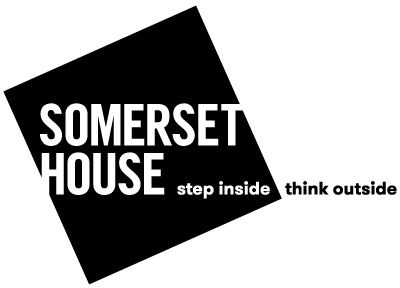


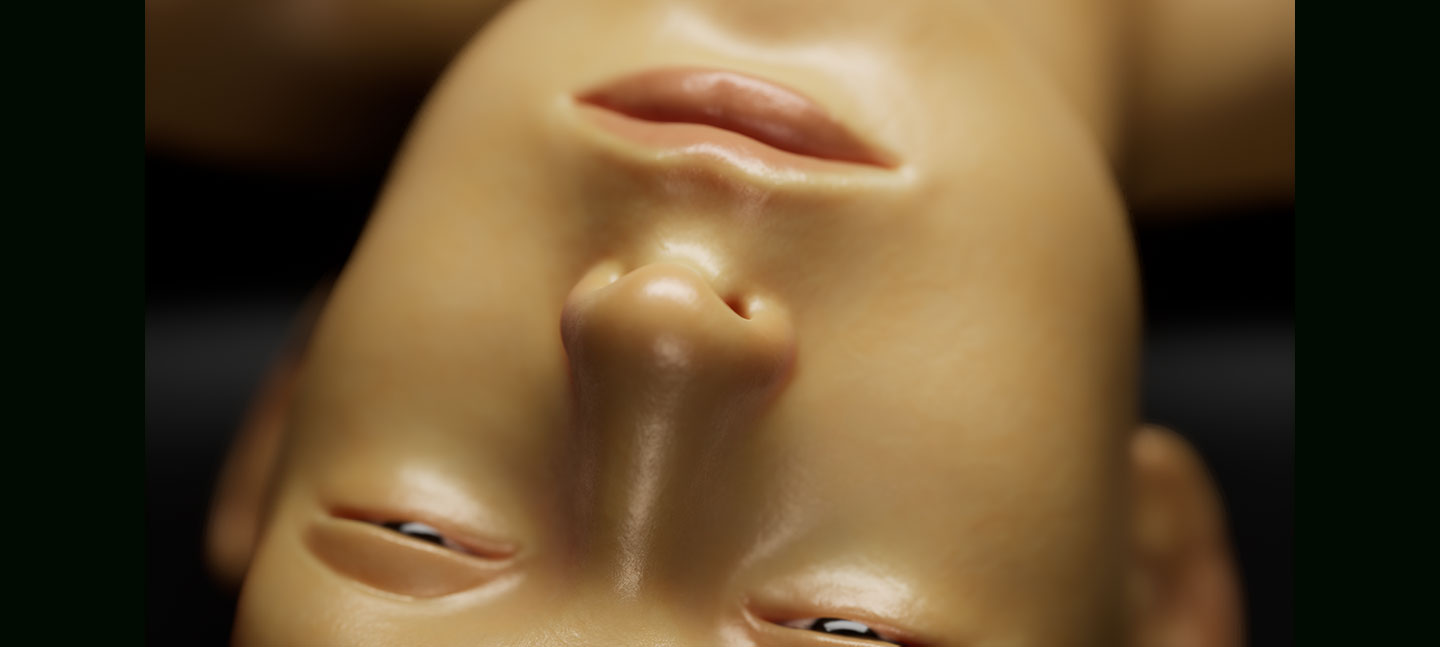
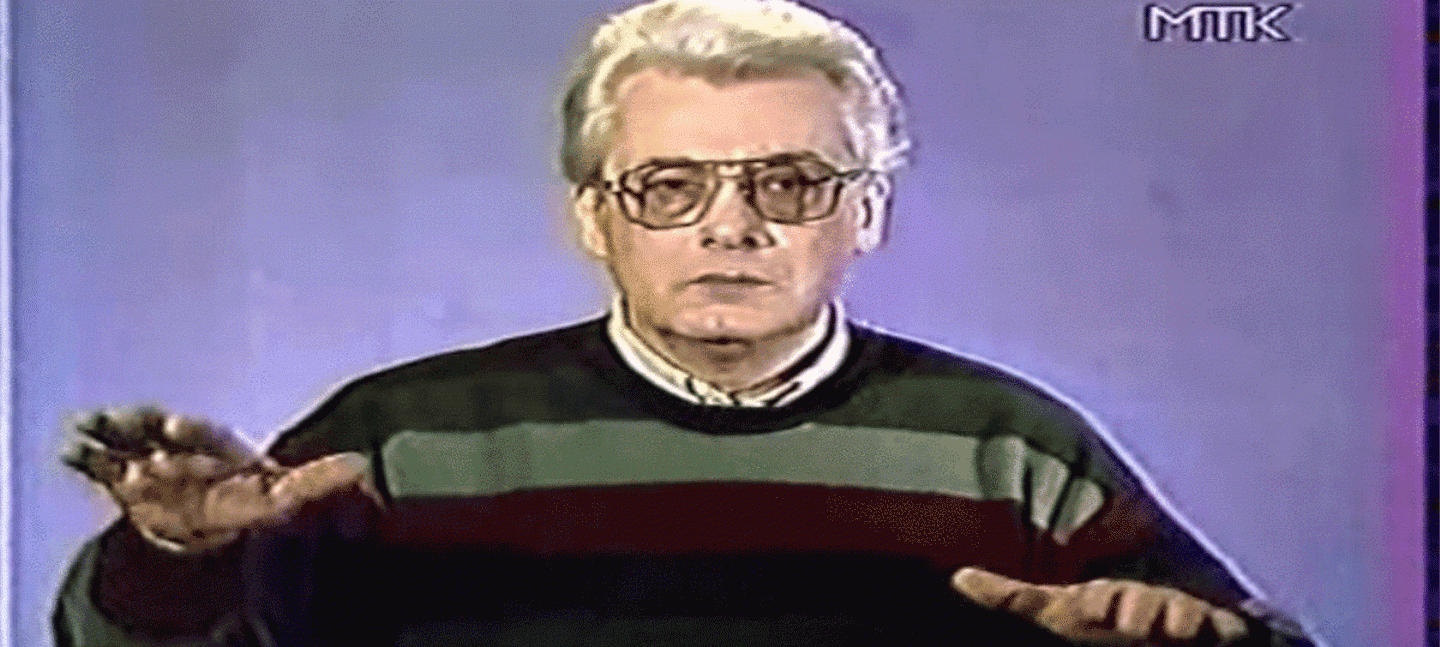




 transmissions2020
transmissions2020 